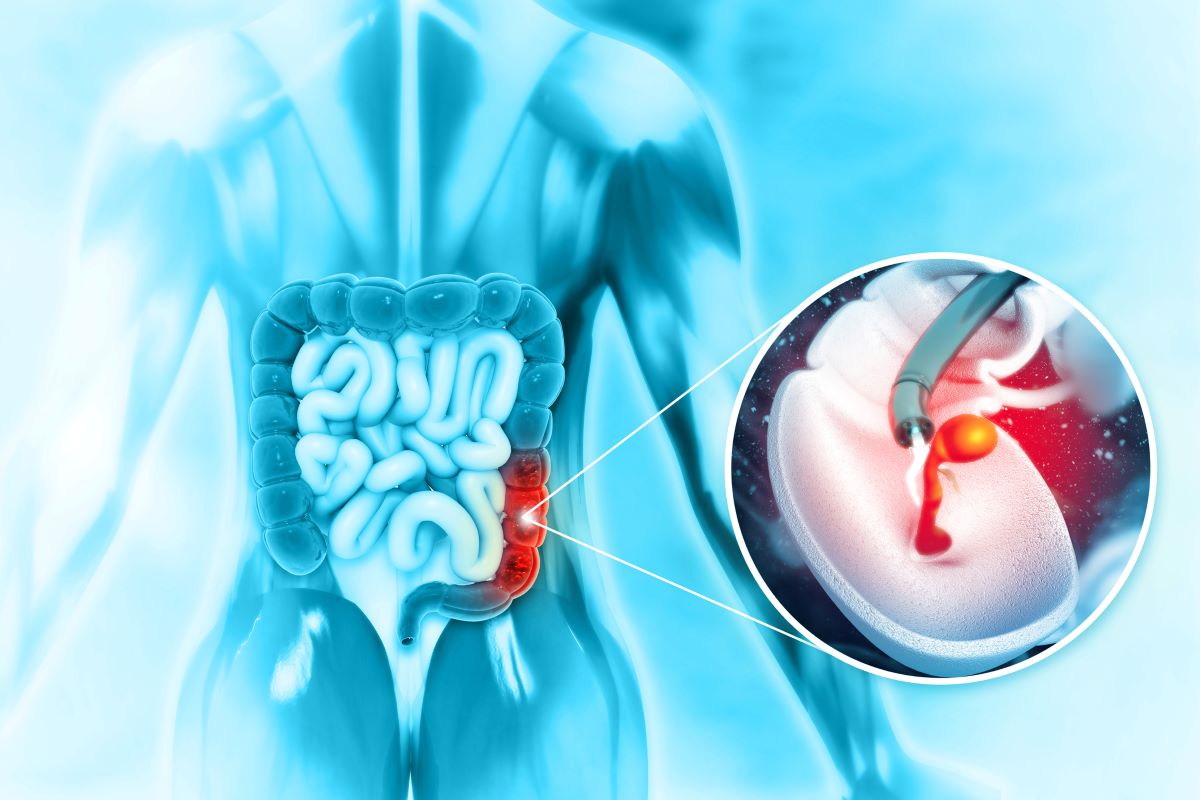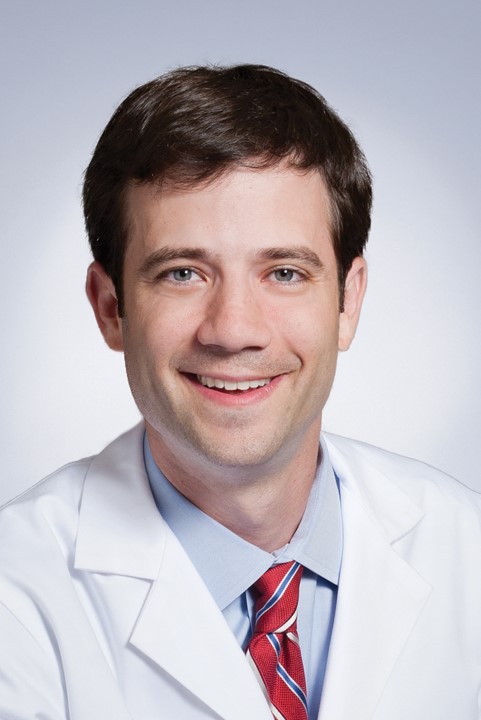
Northside Hospital now uses artificial intelligence (AI) technology during colonoscopies to aid physicians in detecting potentially precancerous polyps, helping to prevent colorectal cancer.
Medtronic’s GI Genius™ intelligent endoscopy module is the first FDA-cleared, computer-aided polyp detection system. According to Medtronic, Northside is the first in Atlanta to fully adopt the advanced technology across its health system. The first procedures using the technology were performed on Aug. 14.
A second set of eyes: Colorectal cancer is the third most common form of cancer diagnosed in the U.S., with more than 4,500 new cases expected in Georgia in 2024, according to the National Cancer Institute.
Early detection is crucial; colorectal cancer is highly preventable, even curable when caught early. Regular colonoscopies can detect polyps before they become cancerous, but polyps can be difficult to see.
GI Genius uses advanced visualization and AI software to highlight polyps in real time, acting as a second set of eyes for the endoscopist. Studies of the technology have shown improved rates of detecting polyps that might be missed during a standard colonoscopy.
What they’re saying: "Colon cancer is on the rise. And yet, many people are still not getting screened, even though most cases are preventable through appropriate screening," gastroenterologist Dr. Marc Sonenshine said. "Effectiveness of screening increases with enhanced technology.”
- "Colon cancer is one of the leading causes of cancer death in the U.S., with most arising from pre-cancerous colon polyps," Dr. Adam Weinberg, gastroenterologist, added. "I'm glad to hear that Northside has adopted this new AI technology, which will assist our endoscopists during colonoscopy in identifying and removing these polyps, allowing us to do the absolute best we can to prevent colon cancer."
Early detection is key: For average-risk populations, a colonoscopy is recommended every five to 10 years, beginning at age 45, for colorectal cancer screening. Individuals at high risk — those with a personal or family history of colon polyps or colorectal cancer, or a personal history of ulcerative colitis or Crohn’s disease — should talk to their doctor about screening earlier and including genetic testing.
The new AI-assisted colonoscopy is available at all five Northside hospitals and six outpatient endoscopy centers.
Learn more about Northside Hospital’s GI endoscopy services and find a center near you.
Learn more about colorectal cancer care at Northside Hospital Cancer Institute.


